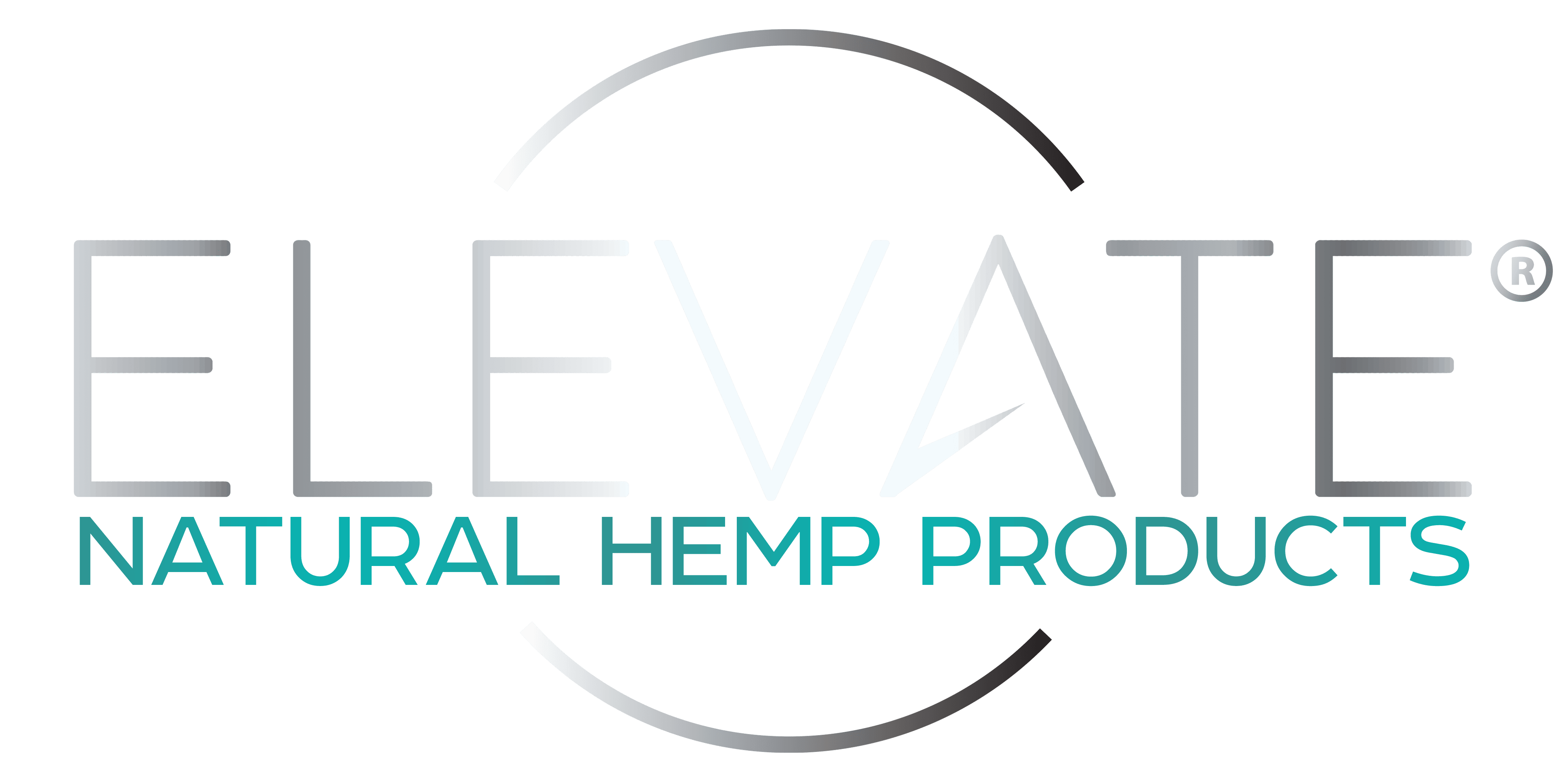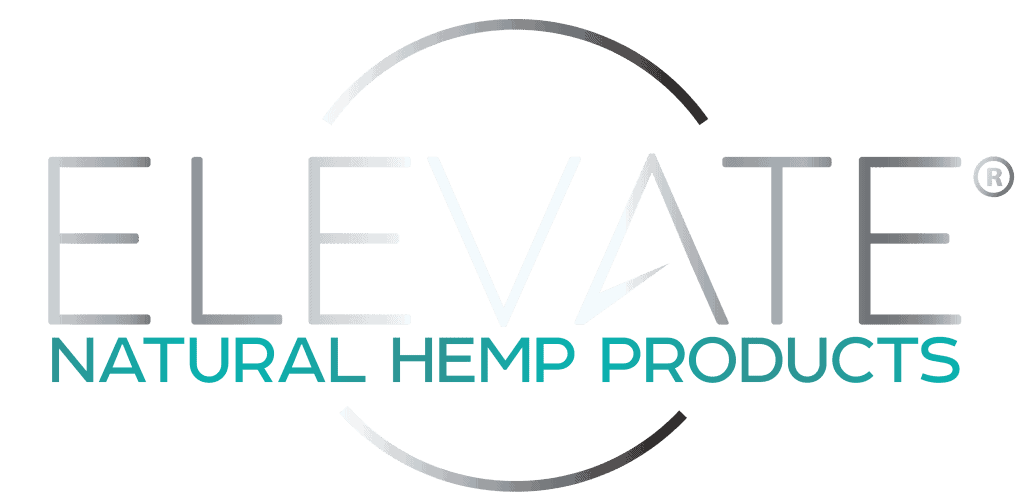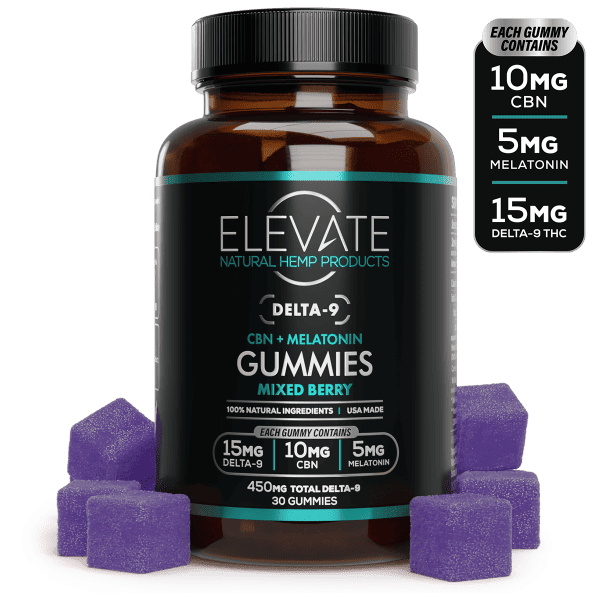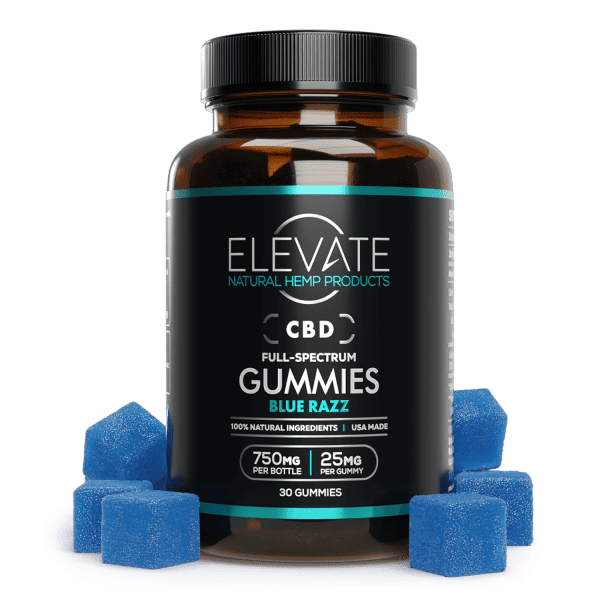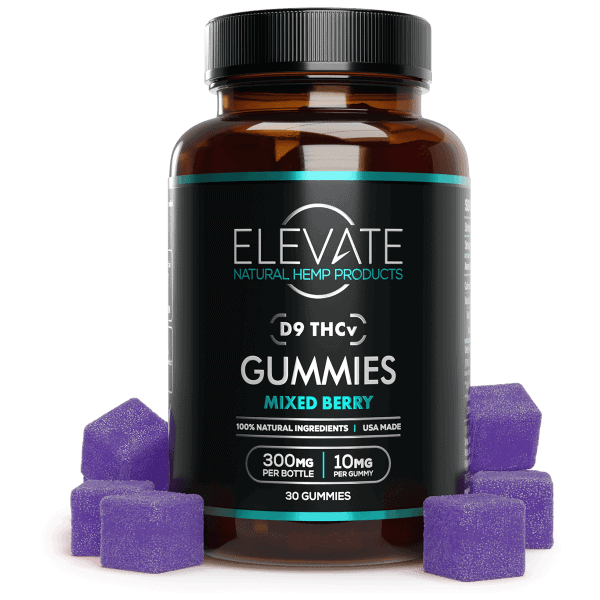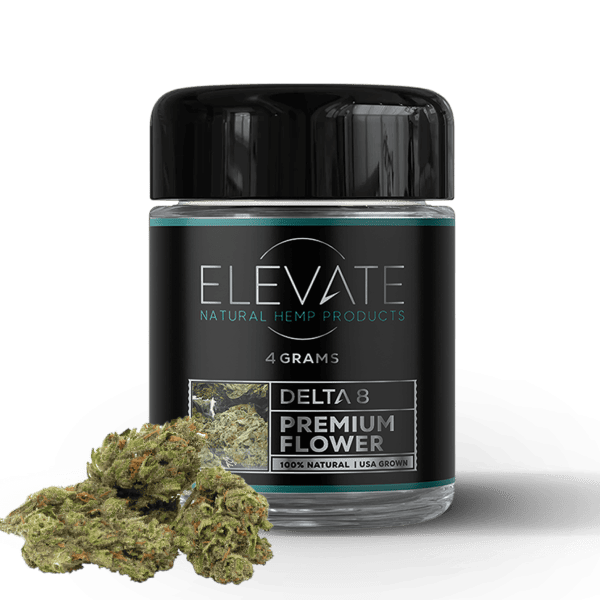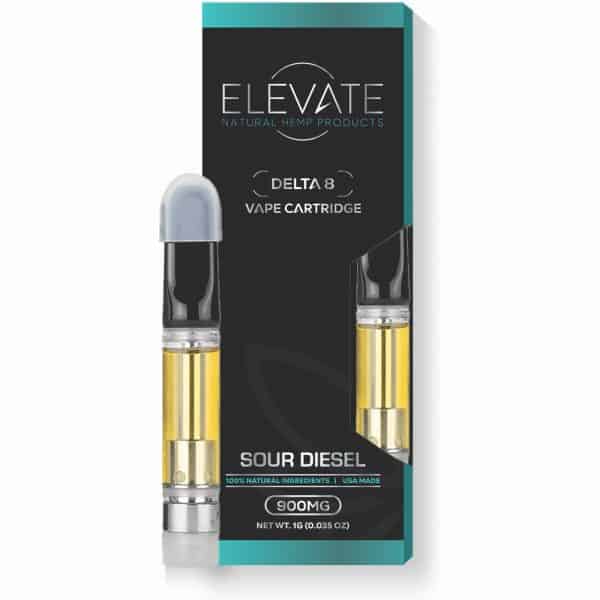
Does THCa Get You High?
Curious about THCa and its effects? You're not alone. As cannabis research expands, more light is shed on the lesser-known compounds in the plant. THCa, or tetrahydrocannabinolic acid, is one such compound. It's the non-psychoactive precursor to THC, the main ingredient known for producing the 'high' associated with marijuana. But does THCa itself have psychoactive effects when consumed? The answer is more complex than a simple yes or no.
In its raw form, THCa is found in fresh cannabis and has a variety of potential health benefits without causing a high. However, the story changes once it undergoes decarboxylation, a process that converts THCa into THC through heat. This transformation is key to understanding how the effects of cannabis can vary so widely. Join us as we unpack the science behind THCa and its intriguing properties, offering a clearer picture of what it can and can't do.
What is THCa?
THCa, or tetrahydrocannabinolic acid, is a natural compound found in the cannabis plant. It's the precursor to THC (tetrahydrocannabinol), the substance primarily responsible for the psychoactive effects associated with marijuana. While both compounds share a similar molecular structure, THCa is non-psychoactive, meaning it won’t produce the 'high' that THC does. The presence of THCa is abundant in raw and unprocessed cannabis. When the plant is cut and stored, THCa slowly converts to THC due to exposure to heat and light—a process known as decarboxylation. This transformation also occurs rapidly when cannabis is smoked, vaporized, or cooked, as the heat instantly converts THCa into THC. Unlike THC, THCa is considered non-intoxicating. This makes it particularly appealing for individuals seeking the medicinal benefits of cannabis without the psychoactive side effects. For those interested in using THCa, it can be consumed in several ways. Juicing raw cannabis leaves is a popular method, as it preserves the THCa content. Other methods include tinctures and raw cannabis dietary supplements. As research continues to evolve, the understanding of THCa and its potential benefits are likely to expand. With ongoing studies, we might see new applications for THCa in medical treatments, offering an alternative for those who wish to avoid the high while leveraging the health benefits of cannabis. This compound’s profile promises an exciting avenue for future exploration in the world of medicinal cannabis.What Are the Potential Benefits of THCA?
One of the primary benefits of THCa is its anti-inflammatory properties. Research has suggested that THCa can help reduce inflammation, making it potentially beneficial for treating conditions like arthritis and lupus. It operates by inhibiting key inflammatory pathways in the body, thereby reducing symptoms such as swelling, pain, and redness. This non-psychoactive compound offers a promising alternative for those seeking relief from chronic inflammation without the side effects associated with traditional pharmaceuticals. THCa also exhibits neuroprotective properties. Studies indicate that it may help protect brain cells from damage associated with neurodegenerative diseases such as Parkinson’s and Alzheimer’s. This protection stems from THCa’s ability to counteract oxidative stress and neuronal toxicity—two major contributors to the development and progression of neurodegenerative disorders. Patients looking for preventive measures or adjunctive therapy might find THCa a valuable component of their treatment regimen. Additionally, THCa has shown potential in anti-proliferative properties, which could be instrumental in the fight against cancer. Early studies suggest that THCa can inhibit the growth of cancer cells in diseases such as prostate cancer. This occurs as THCa interferes with the various pathways that cancer cells use to grow and multiply. Although research is still in the early stages, the possibility of THCa as a supplementary treatment in cancer therapy is an exciting prospect.What is a High THCA Percentage?
In the cannabis industry, a "high THCA percentage" refers to the amount of tetrahydrocannabinolic acid (THCA) present in a cannabis plant or product. THCA is the non-psychoactive precursor to tetrahydrocannabinol (THC), the compound known for producing the "high" associated with marijuana use. Typically, cannabis strains or products with high THCA levels are sought after for their potential to produce strong effects once decarboxylated into THC. A high THCA percentage generally means more than 15-20% THCA by dry weight in the plant material. Such high concentrations can lead to more potent effects when the THCA is converted to THC through heat. This is particularly relevant for medical and recreational users who seek more intense therapeutic effects or stronger psychoactive outcomes. For instance, high THCA strains are often preferred by those needing relief from severe pain, nausea, or other ailments where stronger cannabis effects may be beneficial.How Do You Decarb THCA?
Decarboxylation, often referred to as "decarbing," is the process by which THCA is converted into THC, the psychoactive compound that produces a high. Decarbing is essential for activating the psychoactive and therapeutic properties of cannabis because THCA itself does not produce psychoactive effects. This process involves applying heat to cannabis in a controlled way to trigger a chemical reaction where the carboxyl group (COOH) is removed from the THCA molecule, turning it into THC. Here are the main methods: Smoking Smoking cannabis is the most traditional method of decarboxylating THCa. The high heat from burning the plant material instantly converts THCa into THC, which is then inhaled. This method provides immediate effects but is also the least efficient in terms of preserving the cannabinoids, as some are lost in the combustion process. This can impact the outcomes of drug tests, as THC levels can vary significantly based on how much THCa is converted during consumption. Vaping Vaping cannabis heats the plant material to a temperature that vaporizes but does not burn it. This allows for more precise temperature control, ensuring that more THCa is converted to THC without burning away other beneficial cannabinoids and terpenes. Vaping is considered a healthier alternative to smoking, as it reduces the inhalation of tar and other harmful combustion byproducts, potentially lowering the risk of positive drug tests for cannabis consumption compared to traditional smoking. Baking/Edibles For those who prefer not to inhale, making edibles is a popular option. To effectively decarb cannabis for edibles, the plant material must be heated in an oven before it is added to food. Typically, cannabis is spread on a baking sheet and placed in an oven preheated to around 220-245 degrees Fahrenheit (104-118 degrees Celsius) for about 30-45 minutes. This heat activates the THC by converting the THCa and allows it to be infused into fats such as butter or oil, which can then be used in various recipes. Consuming raw THCa in non-decarboxylated forms, like in juices or smoothies, offers a way to enjoy cannabis's potential health benefits without psychoactive effects or impacting drug tests.Can THCA cause a high?
In its raw form, THCa does not cause a high. The compound is non-psychoactive and must be converted into THC through decarboxylation (heating) to have any psychoactive effects. Raw cannabis that contains THCa can be consumed without producing the intoxicating effects typically associated with marijuana. This makes it an appealing option for those who are interested in the potential therapeutic benefits of cannabis compounds without mind-altering experiences.FAQs
Q1. How powerful is THCa?
THCa is a potent compound found in the cannabis plant. While it is non-psychoactive in its natural state, its potential to convert into THC means it can significantly influence the overall potency of cannabis products once heated. This potential potency makes it crucial for consumers to understand the levels of THCa in their cannabis, especially if they are seeking strong effects or need to manage dosage for medical purposes.Q2. Is THCa psychoactive?
THCa itself is not psychoactive. It does not affect the mind or behavior until it is converted into THC. This conversion happens when THCa is exposed to heat, typically through methods like smoking, vaping, or cooking. Until these processes occur, THCa can be handled and consumed without producing the "high" associated with THC.Q3. How can you consume THCa without getting high?
Consuming THCa without getting high is straightforward—simply avoid heating it. This can be done by incorporating raw cannabis into your diet, such as juicing fresh cannabis leaves, adding raw cannabis to smoothies, or using THCa tinctures that have not been decarboxylated. These methods allow you to benefit from the properties of THCa without the psychoactive effects of THC.Q4. Is THCa legal?
The legality of THCa depends on local cannabis laws because it is a component of the cannabis plant. In regions where cannabis is legal, THCa is typically legal as well. However, because it can easily convert to THC, some jurisdictions might regulate it similarly to THC under their controlled substances laws. Always check local regulations to understand the legal status of THCa in your area.Q5. Does smoking THCa get you stoned?
Smoking THCa will not get you stoned as long as it remains unheated, but this scenario is practically impossible because the act of smoking involves burning the cannabis, which decarboxylates THCa into THC. Therefore, when you smoke cannabis, the THCa rapidly converts to THC, and it is the THC that produces the stoned feeling, not THCa itself.Related Posts
Live Resin Carts vs Normal Carts
Are you curious about the buzz surrounding live resin carts and how they compare to traditional vape cartridges? Live resin carts have surged in popularity …
How Long Does Delta 10 Stay in Your System?
Dive headfirst into the captivating universe of cannabis exploration, where the pursuit of well-being and unparalleled experiences beckons enthusiasts to the frontier of innovative cannabinoids. …

